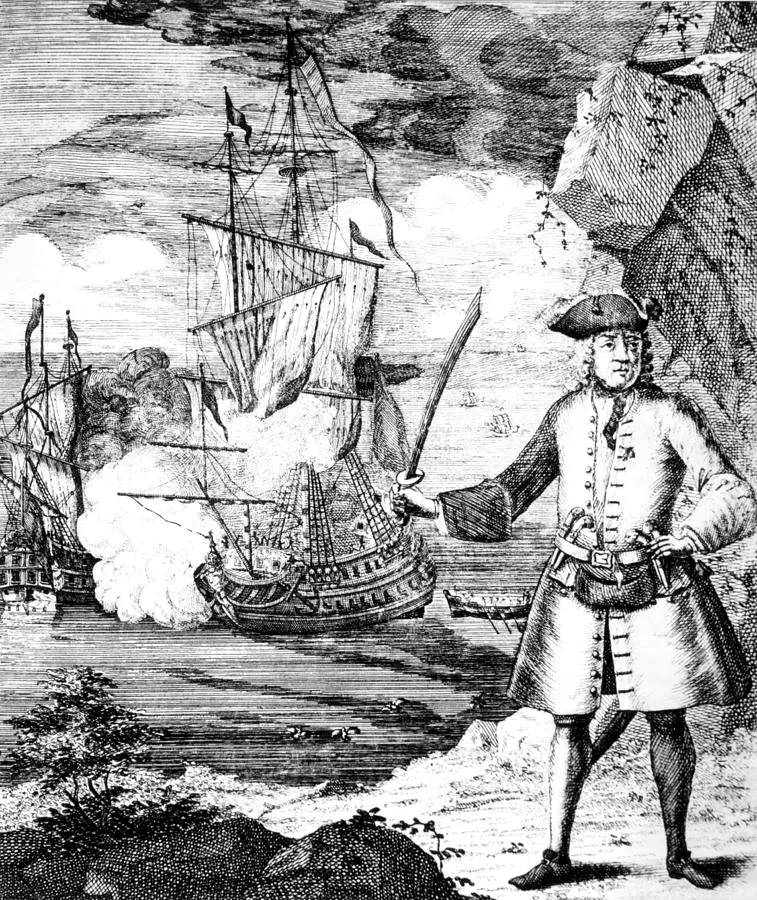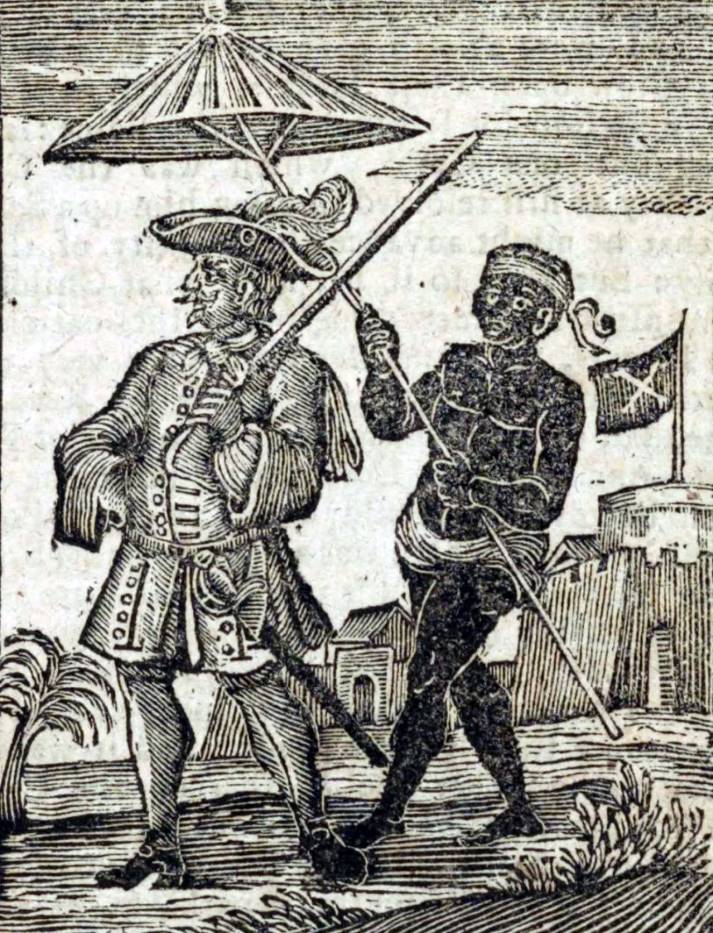Who was the wealthiest ever pirate in recorded history?
By modern standards he would be as rich as Elon Musk or Jeff Bezos. Born near Plymouth, England, in 1659 - and later known as Henry Avery, John Avery, Jack Avery, Henry Bridgeman, and Benjamin Bridgeman – Henry Every was a moderately educated man who spent some time in the Royal Navy until he seized an opportunity to become a pirate.
Another theory claims that Every served on several merchant vessels and warships when England went to war with France in 1688.
More to read:
Why was Laconia ruled by two kings at a time?
In early 1694, Every was appointed as the first mate aboard the privateer vessel called Charles II, in the service of the king of Spain. The mostly English crew was extremely unhappy with their poor treatment by Spanish officers and convinced Every to lead a mutiny. In May 1694, they captured the ship and renamed it the Fancy.

The only choice of mutineers given those circumstances was piracy. Captain Every began soon attacking English and Dutch merchant vessels off the coast of Africa, and later operated in the Atlantic and the Caribbean against Spanish and French ships.
Henry Every turned out to be a competent leader and skillful sailor. He was soon nicknamed “the pirate king” and earned the reputation of the most successful pirate.
While the exact number of raids and captures under his command remains unknown, Captain Every is credited among others with the jackpot seizure of the treasure ship of the Grand Mughal Empire, Ganj-i Sawa’I (or Gunsway), off the Indian coast. It was transporting gold, silver and diamonds valued at $200 or $400 million in today’s money, according to some historians.
The captain and his Fancy crew members became millionaires in a blink of a day.
The Gunsway strike attracted the attention of the English crown, which disliked the idea of a conflict with the Mughals while expanding trade routes and colonial possessions.
Considering that the Fancy was operating both in the Indian and Atlantic Oceans, he was also wanted by the Spanish, the French, and, obviously, by the Mughals, all of whom engaged in the first true global manhunt for a single man.
London alone offered a £1,000 bounty – a huge sum at those times – to anyone helping to apprehend Henry Every.
Not only the authorities wanted Every – competitors too were after him. His enormous wealth was a magnet for all kind of people. He was aware that catching him was a matter of time and sooner or later he could fall in a trap. Therefore, he decided to end his pirate career and go to bottom.
The few pieces of witness reports say that in early April of 1696 the Fancy dropped the anchor near New Providence, the heart of the Bahama Islands, and its skipper bribed a temporary peaceful stay for his 160-strong crew and himself from the local English governor, Nicholas Trott.

The legend goes that the pirate camp Every settled on New Providence marked the starting moment of transformation of this island into an international piracy base a few decades later. His money helped built a genuine town there, with a church in the middle. This settlement and the archipelago generally were spared of pirate attacks and the presence of a large pirate force prevented attacks by England’s foes on this colony.
The “pirate king” was unsure whether to go back to England and live as a noble under a new name, or become a planter and slave owner in America, or hide on one of the Caribbean islands. Nonetheless, Captain Henry Every or Benjamin Bridgeman – as he instructed the crew to call him – disappeared several months later.
More to read:
A princess from Kievan Rus became the queen of France 972 years ago
His crew buddies dispersed all around the region; some got caught and hanged, some wasted everything on parties, some joined other leaders and continued raiding, and some bought farms to grow old quietly.
British records are abundant about Francis Drake, Henry Morgan, Edward Teach “The Blackbeard”, John/Bartholomew Roberts, John Rackham alias Calico Jack, Samuel Bellamy “Black Sam”, Edward “Ned” Low, Stede Bonnet (Gentleman Pirate), but would not tell much what happened to Henry Every after his visit to New Providence.
By one account, he landed in Ireland in June 1696 and nearly escaped arrest. There's also a version that Every settled in Madagascar with a few of his men and founded a small utopian republic there, running it as its “president for life.” Another rumor says he bought the king’s pardon and became an English spy, enjoying an incognito life.

However, when London justices announced in 1698 amnesty for all pirates who surrender and enlist in the king’s forces – primarily Royal Navy – they made two exceptions: Henry Every and William Kidd, another piracy leader.
Whatever true, at the age of 36 Captain Every vanished for good. Although he was never seen ever since, historians believe he died sometime between 1699 and 1714. His immense treasure has never been recovered.
Sources: Smithonianmag, Wikipedia, WorldHistory, The Guardian, Thoughtco, Screenrant, Unchartered.Fandom
***
NewsCafe is an independent outlet that cares about big issues. Our sources of income amount to ads and donations from readers. You can support us via PayPal: office[at]rudeana.com or paypal.me/newscafeeu. We promise to reward this gesture with more captivating and important topics.







